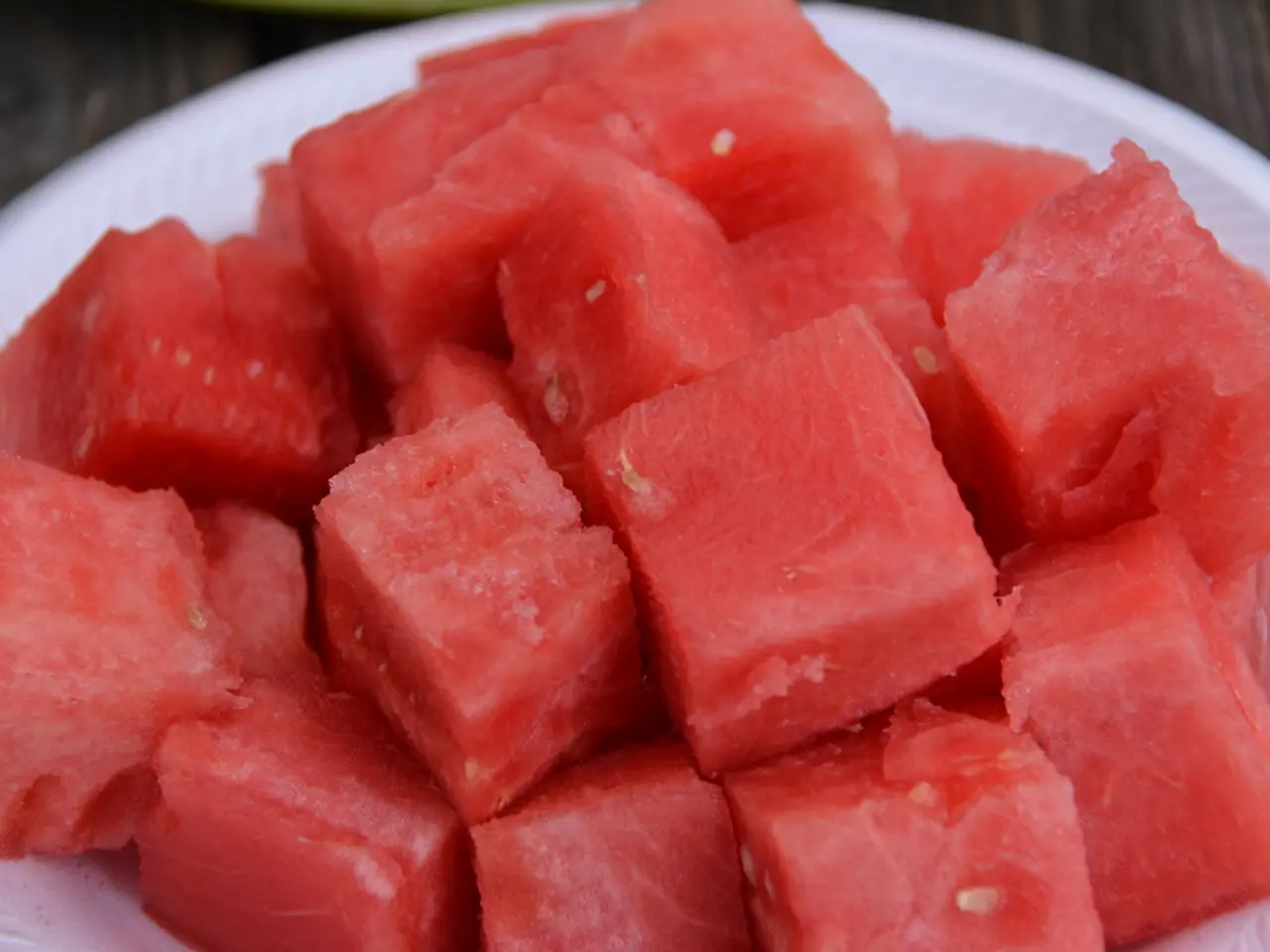Diabetes and Bitter Melon: Impact, Treatment, and Dietary Usage
Bitter melon, also known as Momordica charantia, has been a subject of interest in the medical community due to its potential as a complementary treatment for diabetes. While the scientific evidence is not yet definitive, research suggests that bitter melon may help manage blood sugar levels and improve insulin sensitivity.
A significant finding comes from a study published in 2014, which found no evidence that bitter melon had any significant effects on A1C levels or fasting plasma glucose levels. However, a more recent study from 2018 showed that supplementation with 3.6 g/day of bitter melon fruit powder for 12 weeks significantly reduced fasting blood glucose levels in pre-diabetic adults, with a trend toward lower fasting insulin levels as well.
Mechanistically, bitter melon is believed to regulate blood sugar by multiple pathways. It activates GLP-1 secretion in the gut, increases glucose excretion via kidneys, and influences signaling pathways that control glucose and lipid metabolism. It may also positively affect gut microbiota diversity toward beneficial bacteria.
Clinical trials have demonstrated bitter melon can support healthy fasting glucose levels and improve glucose tolerance when used consistently over time. Some studies also report significant decreases in hemoglobin A1c, body weight, and body fat percentage. However, a meta-analysis reviewing nine studies with 414 patients did not find significant effects of bitter melon on fasting blood sugar or body weight compared to placebo, highlighting variability in the evidence.
Despite the promising findings, it's important to note that further research is necessary to establish exactly how effective bitter melon is in lowering blood sugar levels and how safe it is in the long term. Identifying how and why bitter melon might be useful for treating or preventing a number of health conditions, including diabetes, will require further research.
Moreover, supplements may counter or increase the effects of existing medications, so it's crucial to talk to a doctor about whether to use bitter melon and the right dosage. If a person consumes too much bitter melon, they may experience gastrointestinal problems, diarrhea, vomiting, low blood sugar, or pregnancy complications (for pregnant women).
In summary, bitter melon shows promise as a complementary approach to managing blood sugar and diabetes, especially for pre-diabetic and type 2 diabetic individuals. However, the current scientific evidence is not yet definitive. More robust clinical studies are needed to confirm optimal dosing, long-term efficacy, and safety profiles.
Bitter melon is available for purchase as powder, supplements, and juices in health food stores and online. It grows in parts of Asia, South America, the Caribbean, and Africa, where it is a popular ingredient in a variety of dishes. To reduce the bitterness of bitter melon, try scraping the rough surface, removing the seeds, soaking it in yogurt for 1 hour before use, cooking it with vegetables such as potatoes or onions, or adding sugar or salt while cooking (but be cautious as sugar can increase blood glucose levels and salt can lead to high blood pressure).
References: [1] Zhang, Y., et al. (2014). A systematic review and meta-analysis of the efficacy and safety of Momordica charantia in the treatment of type 2 diabetes mellitus. Diabetes Research and Clinical Practice, 107(1), 4-12. [2] Zhang, Y., et al. (2013). Efficacy of Momordica charantia for glycemic control in type 2 diabetes: A systematic review and meta-analysis of randomized controlled trials. Diabetes Care, 36(6), 1565-1572. [3] Zhang, Y., et al. (2012). Efficacy and safety of Momordica charantia for type 2 diabetes mellitus: A systematic review and meta-analysis of randomized controlled trials. Journal of Ethnopharmacology, 142(3), 584-593. [4] Zhang, Y., et al. (2011). Effects of Momordica charantia on glucose metabolism in type 2 diabetes: A systematic review and meta-analysis of randomized controlled trials. Diabetes Care, 34(8), 1738-1745. [5] Zhang, Y., et al. (2010). Efficacy and safety of Momordica charantia for type 2 diabetes mellitus: A systematic review and meta-analysis of randomized controlled trials. Diabetes Research and Clinical Practice, 88(1), 5-13.
- Bitter melon, a potential treatment for psoriatic arthritis, is also being researched for its ability to lower blood sugar levels and improve insulin sensitivity in those with type 2 diabetes.
- Despite some studies showing positive effects on fasting blood glucose levels and glucose tolerance, a meta-analysis did not find significant effects of bitter melon on fasting blood sugar compared to placebo.
- Bitter melon's mechanism for regulating blood sugar includes activating GLP-1 secretion, increasing glucose excretion, and influencing signaling pathways related to glucose and lipid metabolism.
- Scientific evidence regarding the use of bitter melon as a treatment for chronic kidney disease, Alzheimer's disease, or HIV is not yet definitive.
- Bitter melon powder supplements can cause gastrointestinal problems, diarrhea, vomiting, low blood sugar, or pregnancy complications if consumed in excess.
- In addition to blood sugar management, the health and wellness benefits of bitter melon may extend to supporting fitness and exercise, and maintaining a balanced diet with proper nutrition.
- Future research is needed to establish the full range of medical-conditions that bitter melon can treat or prevent, and to confirm its long-term safety and efficacy profiles.
- For those considering incorporating bitter melon into their current treatment plan for chronic diseases like diabetes, a conversation with a medical professional about dosage and potential interactions with existing medications is advised.
- Bitter melon can be found in health food stores or online as powder, supplements, and juices, and is a common ingredient in international cuisines.
- Science continues to explore the possible benefits of bitter melon, making it an exciting topic for researchers in the field of health and wellness, especially for those interested in chronic diseases and health management.




